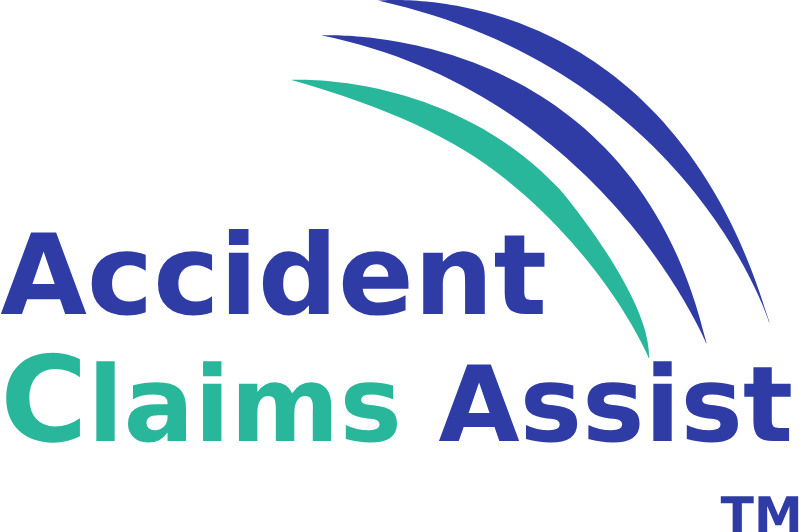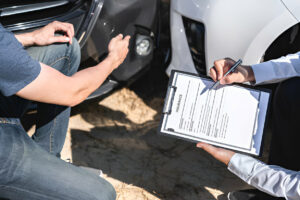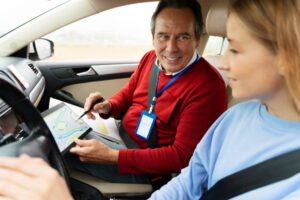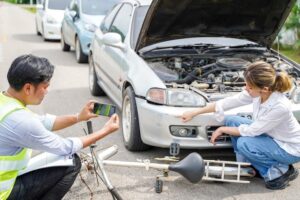We can claim compensation after a road accident, but for support and a successful claim, speak to your legal advisor or a road accident solicitor. They will be able to assist you in determining how much you may be able to claim for your injuries. Your legal advisor will update you on the outcome of the claim and also as the claim progresses.
The rules will differ for claims if you have an accident outside the UK. Suppose you had an accident in Scotland. In Scotland, you can claim compensation any time within three years of the accident. Your solicitors will assist you and update you on the outcome of the claim.
If you had an accident and are looking to file a compensation claim, follow these steps:
• Gather All Evidence: It is crucial to collect all evidence from the accident scene, including vehicle photographs, witness details, accident videos, police reports, and other supporting documents, while also obtaining a letter from your employer to verify lost wages and invoices for any losses suffered.
• Report Your Insurance: After your accident, contact your insurance to report it and provide them with all the information and vehicle details.
• Medical Records: After an accident, you must visit your GP or the hospital to inform them about the injuries caused.
• Record Witness Details: Collect the name and contact details of the witnesses for a successful claim.
• Call a Legal Advisor/Solicitor: Your solicitor will gather and review all the evidence and manage your claim, which includes submitting your claim and mentioning all the accident circumstances.
Time Limit to Make a Claim
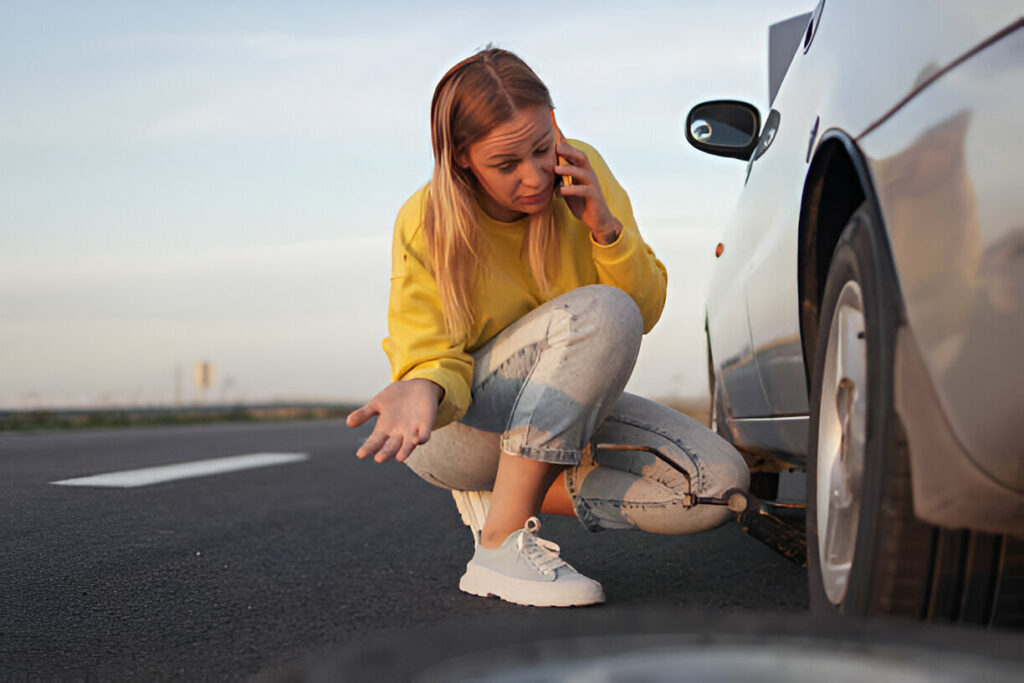
As per the 1980 Act of England, we have 3 years to claim the Accident date. But if a child is involved in an accident, then his 3 years start when he will turn 18.
Before that, the litigation friend or parent will take care of the claim.
We aim to keep our clients informed as the claim progresses at each stage. We will call you to get all the information about the accident circumstances, injuries and your losses.
• Claim Submission: The initial step is to prepare a letter of claim to send to the other party’s insurance company on your behalf.
• Gather Evidence: We will call you to communicate with you and gather all Evidence, medical records, witness statements and photographs.
• If Liability is Admitted: After initial instructions and a claim submission, the other party admits responsibility for the Accident. The next step is to assess your injuries, losses because of the Accident, and prognosis to calculate the compensation you are entitled to.
• Medical & Rehabilitation: We will arrange medical care and rehabilitation for you as soon as possible, as your recovery is our priority. The medical expert arranged in your area will write your medical report about your injuries, losses and personal care.
• Compensation Amount: After submitting the Evidence, we can calculate the compensation amount you deserve. This will take into account:
- Your injuries
- Treatments and Rehabilitation
- Travel cost
- Loss of wages
- Care cost
- Other Damages Because of Accident
• Recovery Progress: Your recovery progress may affect your claim before we settle it. Sometimes, we have to arrange a second medical assessment or rehabilitation for a recovery opinion.
• Settlement: Once we calculate your compensation, we will recover it from the at-fault party’s insurer, negotiating if their offer is insufficient, and if the claim goes to court, a judge will review the evidence and hear witnesses before determining the final compensation.
• If liability is Disputed or Denied: After initial instructions on a claim submission, if the other party does not admit that their policyholder is at fault, we will proceed with your injury claim through the court.
• Court Proceedings: If the other party denies liability, we will initiate court proceedings. The judge, following CPR rules, will review the evidence and hear witnesses. While most claims are successfully settled through negotiation, some require a court decision to determine the outcome.
- Exchange of information
- Pre-action investigations
- Avoid court proceedings
The CPR rules govern the process of road accident claims in England, Wales, and Scotland.
Types of Road Accidents
Road accidents can happen in various ways, each with its own set of risks and legal considerations. The most common types include:
- Car Accidents – Collisions involving personal or commercial vehicles.
- Chain Accidents – Multi-vehicle pile-ups, often occurring in heavy traffic or adverse weather conditions.
- Rear-End Accidents – When one vehicle crashes into the back of another, commonly caused by sudden braking or tailgating.
- Motorcyclist Accidents – High-risk accidents due to motorcyclists’motorcyclists’ exposure on the road.
- Cyclist Accidents – Incidents involving bicycles, often due to negligent drivers or poor road conditions.
- Public Transport Accidents – Accidents involving buses, trams, or trains.
- Pedestrian Accidents – Occur when vehicles hit pedestrians, often at crossings or junctions.
- Taxi Accidents – Involving taxis, either as a passenger, driver, or third party.
- Military Accidents – Road accidents involving military personnel or vehicles.
- Uninsured Driver Accidents – Accidents where the at-fault driver lacks insurance requiring claims through special compensation schemes.
Other Types of Accidents
Accidents aren’t limited to the road. They can occur in various environments, including workplaces and public spaces:
Public Place Accidents (Public Liability Claims)
These accidents occur in publicly accessible areas and may involve:
- Slips, Trips, and Falls – In bars, hotels, and restaurants.
- Footpath Accidents – Due to uneven surfaces or poorly maintained walkways.
- Supermarket Accidents – Including slipping on wet floors or being hit by falling objects.
Workplace Accidents
Workplace injuries can result from various hazards, including:
- Slips, Trips, and Falls – A leading cause of workplace injuries.
- Falls from Height – Common in construction and building sites.
